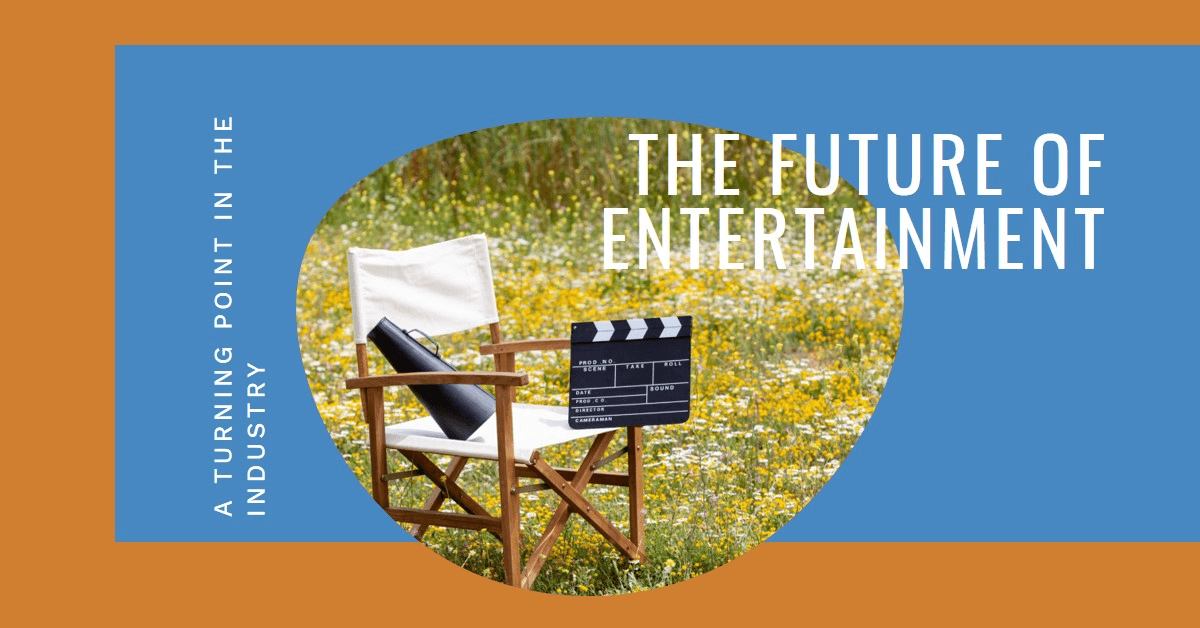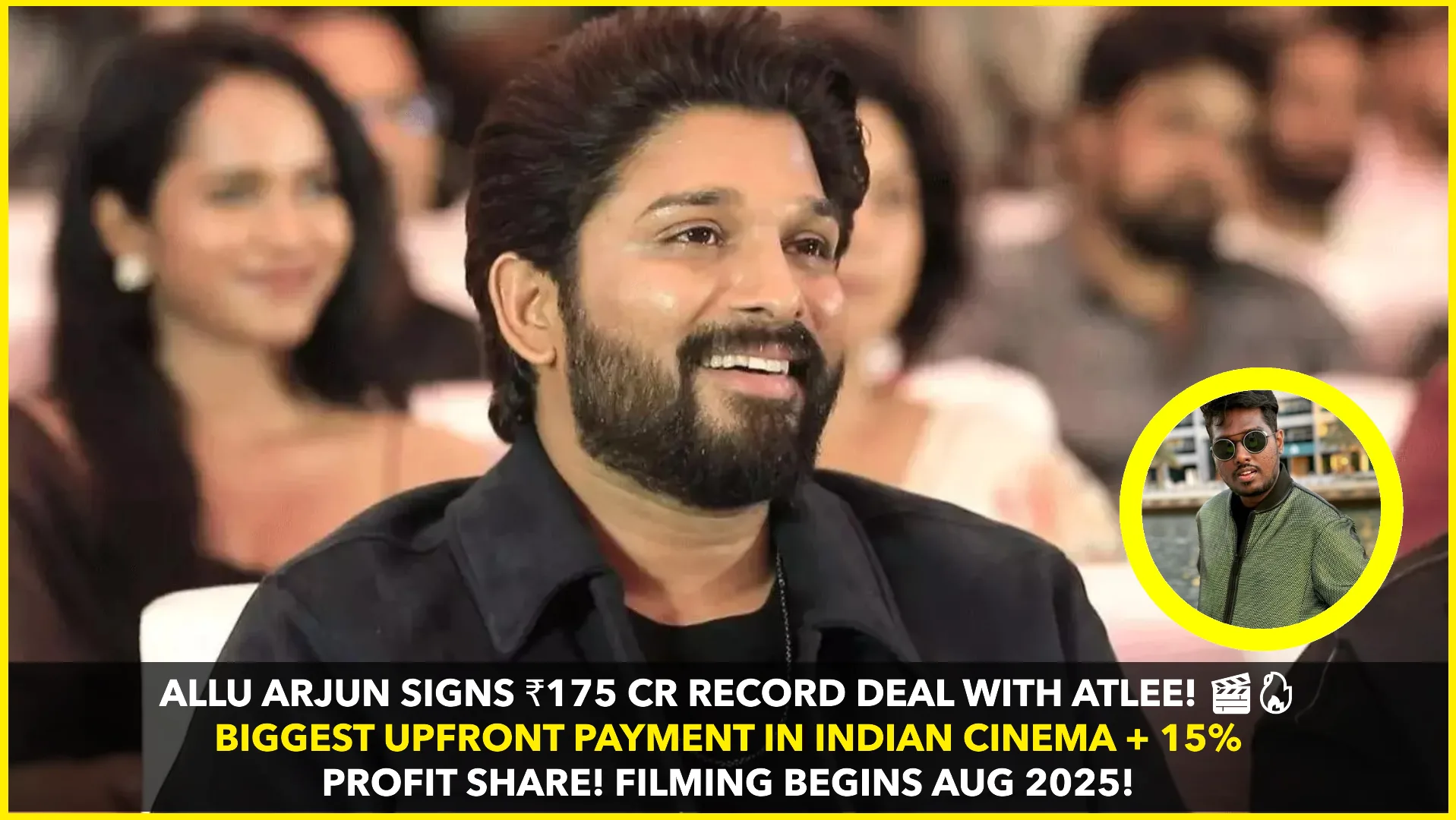The entertainment industry, long synonymous with glamour and creativity, is currently undergoing a seismic shift. The ongoing strikes by Hollywood writers and actors have captured global attention, highlighting deep-rooted issues within the industry and sparking discussions about the future of movies and television. As these Hollywood Strikes and the Future of Entertainment: A Turning Point in the Industry strikes continue, they not only disrupt production schedules but also signal a potential transformation in the way entertainment is created, distributed, and consumed. This article delves into the reasons behind the strikes, explores potential outcomes, and examines how these events could reshape the future of Hollywood and the broader entertainment landscape.
The Reasons Behind the Hollywood Strikes
The strikes by Hollywood writers, represented by the Writers Guild of America (WGA), and actors, represented by the Screen Actors Guild-American Federation of Television and Radio Artists (SAG-AFTRA), are rooted in a series of complex issues that have been simmering for years. These issues revolve around compensation, working conditions, and the impact of technology on the industry.
- Fair Compensation in the Streaming Era: One of the primary grievances driving the Hollywood strikes is the demand for fair compensation, particularly in the era of streaming services. The rise of platforms like Netflix, Amazon Prime, and Disney+ has transformed the entertainment industry, with many productions now being created specifically for streaming. However, the traditional compensation models, which were based on box office revenues and syndication deals, have not adapted to this new reality. Writers and actors are demanding more equitable pay structures that reflect the profits generated by streaming platforms, including residuals and royalties for content that continues to be viewed long after its initial release.
- Job Security and Working Conditions: The advent of streaming has also led to shorter seasons and more unpredictable work schedules, which have adversely affected job security for writers and actors. Traditional network television shows typically had longer seasons, providing consistent work for several months. In contrast, streaming platforms often produce shorter series with fewer episodes, resulting in more frequent job hunting for industry professionals. Additionally, concerns about working conditions, including long hours and lack of benefits, have fueled the push for better labor standards.
- Impact of Technology and AI: The rapid advancement of technology, particularly artificial intelligence (AI), has introduced new challenges for the entertainment industry. Writers and actors are increasingly concerned about the potential for AI to replace human creativity and labor. For instance, AI tools can generate scripts, create digital likenesses of actors, and even perform voice acting. The strikes are partly driven by fears that these technologies could lead to job displacement and undermine the value of human artistry in the entertainment industry.
Potential Outcomes of the Strikes
The ongoing strikes have already had significant effects on the entertainment industry, and their resolution will likely have far-reaching consequences. Several potential outcomes could shape the future of Hollywood and beyond:
- New Compensation Models: One of the most likely outcomes of the strikes is the development of new compensation models that better reflect the realities of the streaming era. These models may include more transparent and equitable payment structures for residuals and royalties, ensuring that writers and actors are fairly compensated for their work. Additionally, unions may push for stronger protections against the use of AI in creative roles, including agreements that safeguard jobs and ensure that AI complements rather than replaces human labor.
- Changes in Production and Distribution: The strikes could also lead to changes in the way content is produced and distributed. Studios and production companies may need to rethink their strategies, potentially shifting back to longer seasons or investing more in traditional network television to provide greater job security. Alternatively, the industry could see a rise in independent productions as creators seek more control over their work and compensation.
- Increased Union Influence: The success of the strikes could strengthen the influence of unions in the entertainment industry, setting a precedent for future labor negotiations. This could lead to more robust protections for workers across the industry, including better working conditions, benefits, and job security. As unions gain more leverage, other sectors within entertainment, such as crew members and technical staff, may also seek to renegotiate their terms of employment.
- A Shift in Creative Control: The strikes could lead to a shift in creative control, with writers and actors gaining more say in the development and production of content. This might result in a greater emphasis on original storytelling and diverse perspectives, as creators have more freedom to explore innovative ideas without the constraints imposed by studio executives focused solely on profitability.
The Future of Movies and TV Shows
The impact of the Hollywood strikes will reverberate throughout the entertainment industry, potentially leading to significant changes in how movies and TV shows are made, distributed, and consumed. As the industry evolves, several trends may emerge:
- Diversification of Content: With greater creative control and more equitable compensation, the industry could see a diversification of content, with more stories from underrepresented voices. Streaming platforms, in particular, may invest in a wider range of genres and formats to attract global audiences and differentiate themselves in a crowded market.
- Emergence of New Platforms: The ongoing disruption may also pave the way for the emergence of new platforms and distribution channels. Independent filmmakers and content creators may seek alternatives to traditional Hollywood structures, leveraging digital platforms and social media to reach audiences directly. This could lead to a more fragmented but dynamic entertainment ecosystem, where a wider array of content is available to viewers.
- Technological Integration: While concerns about AI and technology persist, the future of entertainment is likely to involve a deeper integration of these tools in creative processes. AI could be used to enhance storytelling, streamline production, and create more immersive experiences for viewers. However, the key will be finding a balance that preserves the role of human creativity and ensures that technology serves as an aid rather than a replacement.
- Audience Engagement and Interactivity: The future of entertainment may also involve more interactive and immersive experiences for audiences. Advances in virtual reality (VR), augmented reality (AR), and AI could lead to new forms of entertainment that blur the lines between creators and viewers. This could include interactive narratives, personalized content, and experiences that allow audiences to shape the outcome of stories in real-time.
Conclusion
The ongoing Hollywood strikes represent a critical juncture in the history of the entertainment industry. As writers and actors fight for fair compensation, job security, and creative control, the outcomes of these labor disputes will have lasting implications for the future of movies and TV shows. The resolution of these strikes could lead to a more equitable and diverse industry, where human creativity is valued and protected, and where new technologies are integrated thoughtfully and responsibly. As the entertainment landscape continues to evolve, the lessons learned from these strikes will shape the way we create, consume, and experience stories for years to come.
#epicinfinite #epicarticle #epicblog
What do you think the Hollywood strikes mean for the future of entertainment? Share your thoughts and join the discussion in the comments below!











Your blog has quickly become my go-to source for reliable information and thought-provoking commentary. I’m constantly recommending it to friends and colleagues. Keep up the excellent work!
Thank you so much for your kind words! I’m thrilled that my blog has been helpful to you. It’s always encouraging to hear that I’m making a positive impact.